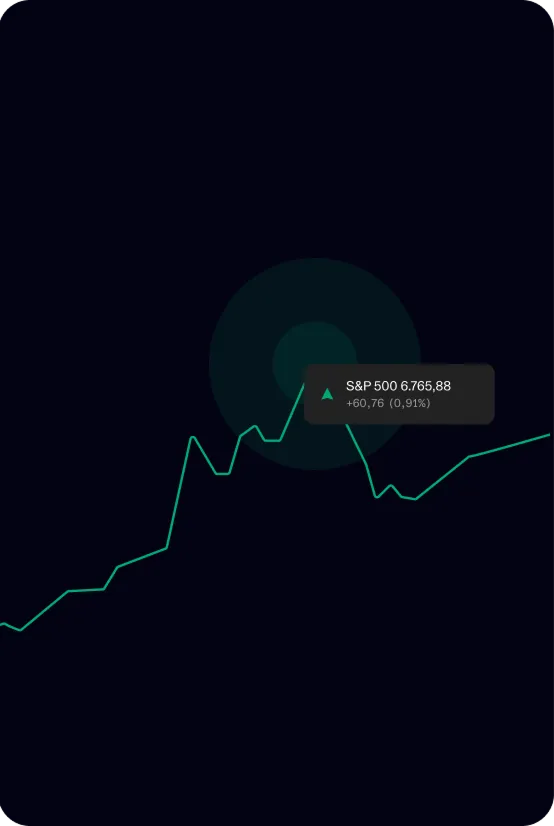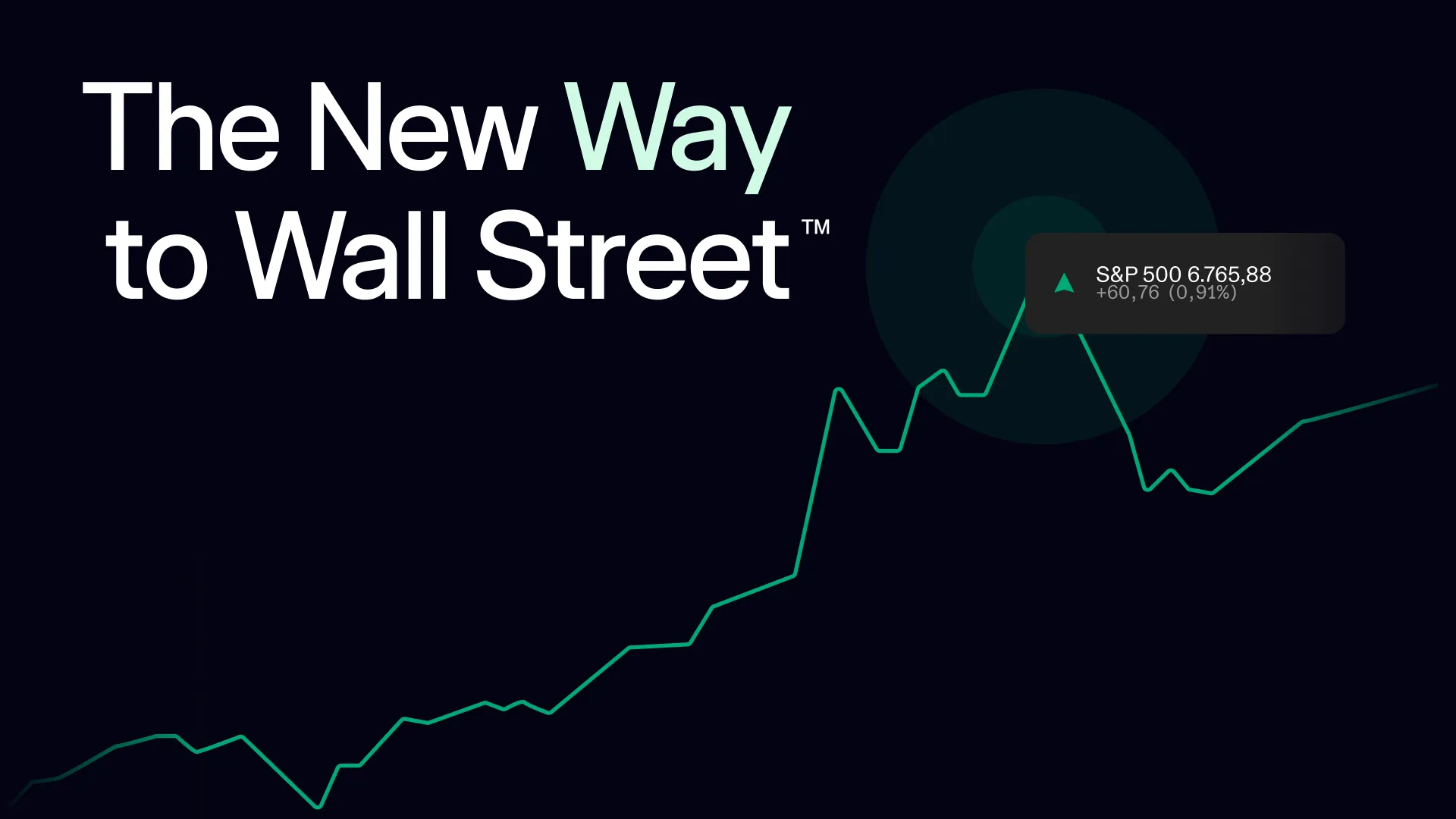Through the Looking Glass: A Reflection on 2022 and Predictions for 2023
The past year was characterized by volatility, macroeconomic shifts, and market fluctuations. As the markets digested the rapid rise in post COVID demand, economies found their footings, and the Fed focused on reining in inflation. Stocks and bonds were conjoined in near-historic mutual underperformance. The SEC introduced a slew of new proposals and rules that will potentially create noteworthy changes in the trading of securities and escalate the responsibilities of hedge funds and other market participants in 2023.
These changes come at a challenging time in the hedge fund ecosystem. Even during recent periods of strong trading activity and returns, the prime brokerage landscape is shrinking, and many prime brokers have been pulling back their services or exiting the business. This environment is particularly hard on smaller funds and emerging managers, who are often the least prepared for such changes. To weather the storm, funds need to be as effective as possible in managing challenging markets, shifting regulatory regimes, and ever-increasing data requirements. In order to stay competitive and keep up with demand, funds require access to new tools and processes and increased levels of support from their prime partners for capital, technology, and data.
Relying on old solutions and manual processes to contend with the rapidly moving industry shifts and challenges is not sufficient for hedge funds today. As it happens, innovation often flourishes at market and regulatory inflection points. However, the breadth of changes will push many firms to the limits of their resources–especially if they do not have the correct infrastructure.
A New Age in Technology
Last year highlighted the need for full front-to-back infrastructure reinvestment, rethinking, and remapping. The Bank of England said it best, “The industry needs to move from legacy paper based, manual processes which are typically functionally siloed, to fully digital processes, integrated across the transactional lifecycle” (i). An infrastructure supporting trillions in transactional value and billions of trades per day cannot continue to operate on 1980s technology.
"The broader capital markets saw significant innovations in cloud computing and APIs that allowed market participants to expand across asset classes to meet investor, regulatory, and data requirements."
For instance, Nasdaq announced the first migration of an options exchange to AWS, and Fidelity Asset Management moved 99% of its trading applications to the cloud and is preparing to sunset all on-premise data centers (ii/iii). Native cloud and hybrid models continue to be the path to innovation, cost reduction, and useful data leverage.
Addressing Regulatory Shifts
The SEC has a lot on the table that could create considerable change for the U.S. markets, including some of the most potentially significant changes to equity market structure in nearly 20 years (ix). The proposals and rules create fundamental shifts in trading and operations, particularly in securities finance, investor and position reporting, and reducing the settlement cycle to T+1. The ultimate fate of these proposals and their implementation in the coming months will impact trading for years to come.
The demand for additional reporting will put those with legacy technology at an increased risk for penalties. Fortunately, these core shifts in regulatory rules often create periods of significant business model and technical transformation. Having access to the right data, in the right form, and at the right time will define success.
Looking Ahead
Persistent inflation and negative returns for stocks and bonds last year makes it easy to be bearish going into 2023. But the reality is, these are unprecedented times, and there is no playbook to follow for how the U.S. and other economies will fare postCOVID.
On the regulatory front, it will take considerable effort from many players to work through the countless proposals and how each will be implemented and operate both independently and in concert with other new and existing rules.
"For hedge funds, access to capital and the ability to shift directions with agility — to create, employ, and scale new strategies — was critical in 2022 and will be more so this year."
That edge often comes from a fund’s partners like prime brokers, who can facilitate lending and trading strategy implementation, and offer tools for pulling real insights from the troves of data that are a byproduct of proper market engagement.
Partners that see risk the same way hedge funds do are becoming rarer. With the right alignment and access to technology, many hedge funds will see coming landscape changes as alpha drivers. Firms that continue to make these investments and leverage the best technologies available will have the edge in 2023 and beyond.
Clear Street is investing heavily in modern tools that solve the industry’s most neglected problem: legacy technology. Clear Street has built a proprietary, cloud-native, clearing and custody system to replace the outdated infrastructure used across capital markets, improving speed, access, and service for its clients. The firm’s goal is to give all market participants, from emerging managers to large institutions, the tools and services they need to compete in today’s fast-paced markets. As we kick off 2023, it has rarely been more apparent that the forces of volatility and regulatory change demand tools that allow firms to make sense of the markets in real-time.
To learn more about Clear Street’s services, contact us.
References
i. Bank of England, Charting the Future of Post-Trade
ii. Markets Media, Nasdaq Completes Migration of First US Options Market to AWS
iii. WatersTechnology, Goodbye datacenters, hello cloud
ix. SEC, SEC Proposed Rules
Get in touch with our team
Contact usClear Street does not provide investment, legal, regulatory, tax, or compliance advice. Consult professionals in these fields to address your specific circumstances. These materials are: (i) solely an overview of Clear Street’s products and services; (ii) provided for informational purposes only; and (iii) subject to change without notice or obligation to replace any information contained therein. Products and services are offered by Clear Street LLC as a Broker Dealer member FINRA and SIPC and a Futures Commission Merchant registered with the CFTC and member of NFA. Additional information about Clear Street is available on FINRA BrokerCheck, including its Customer Relationship Summary and NFA BASIC | NFA (futures.org). Copyright © 2024 Clear Street LLC. All rights reserved. Clear Street and the Shield Logo are Registered Trademarks of Clear Street LLC





